Polymer Capacitors
We manufacture high-quality Polymer Capacitors, offering superior performance with high capacitance and low ESR. These advanced components excel in applications demanding high pulse currents and excellent reliability. Our Polymer Capacitors are ideal for power delivery, filtering, and decoupling in demanding electronic systems.
Get Polymer Capacitors Support Your Project
Elevate your project with our expert polymer capacitor solutions. Our team provides unparalleled support, from product selection to technical guidance, ensuring optimal performance and reliability.
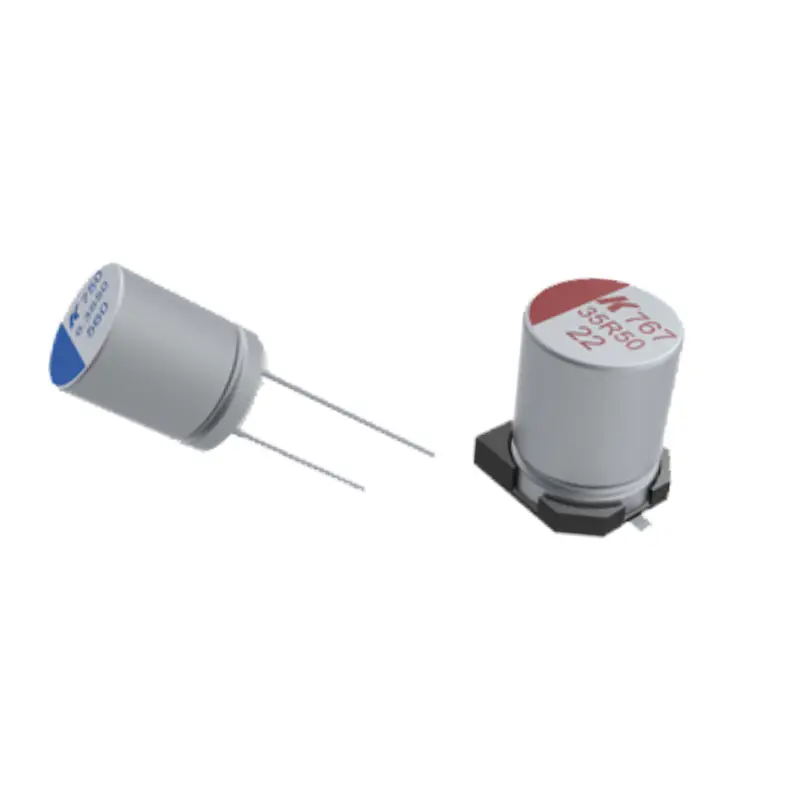
aluminium polymer capacitor
We offer high-performance Aluminum organic polymer capacitors. These advanced components deliver exceptional performance with low ESR, high ripple current, and long lifespan. Ideal for demanding applications in power supplies, automotive electronics, and more, our capacitors ensure reliable and efficient operation.
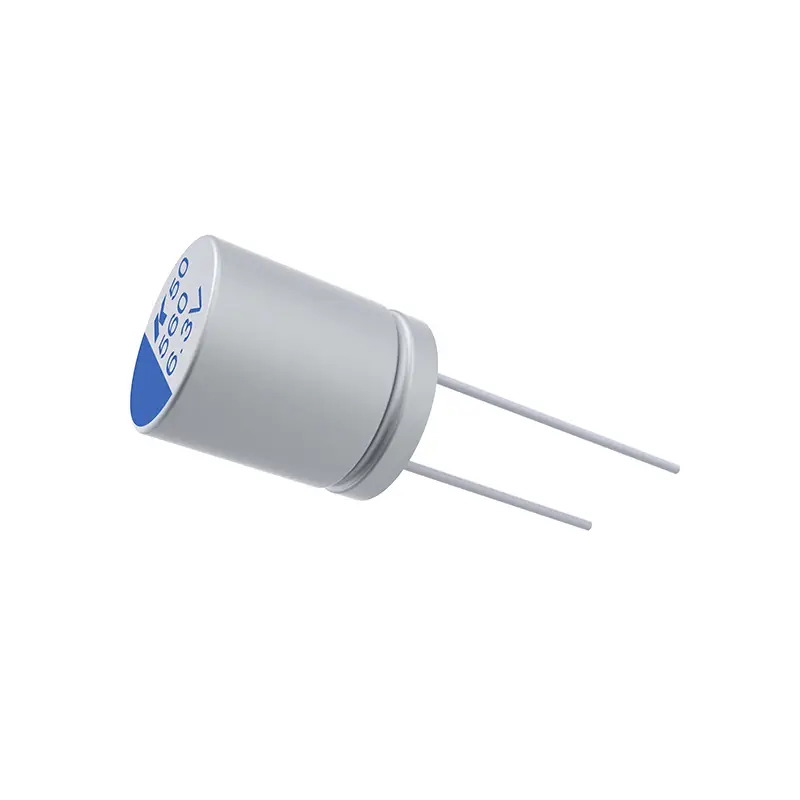
Solid polymer capacitor
We offer high-performance Solid Polymer Capacitors, featuring a solid polymer electrolyte for enhanced reliability and a long service life. These advanced components excel in applications demanding high ripple current handling and low ESR, making them ideal for power supplies, motor drives, and renewable energy systems.
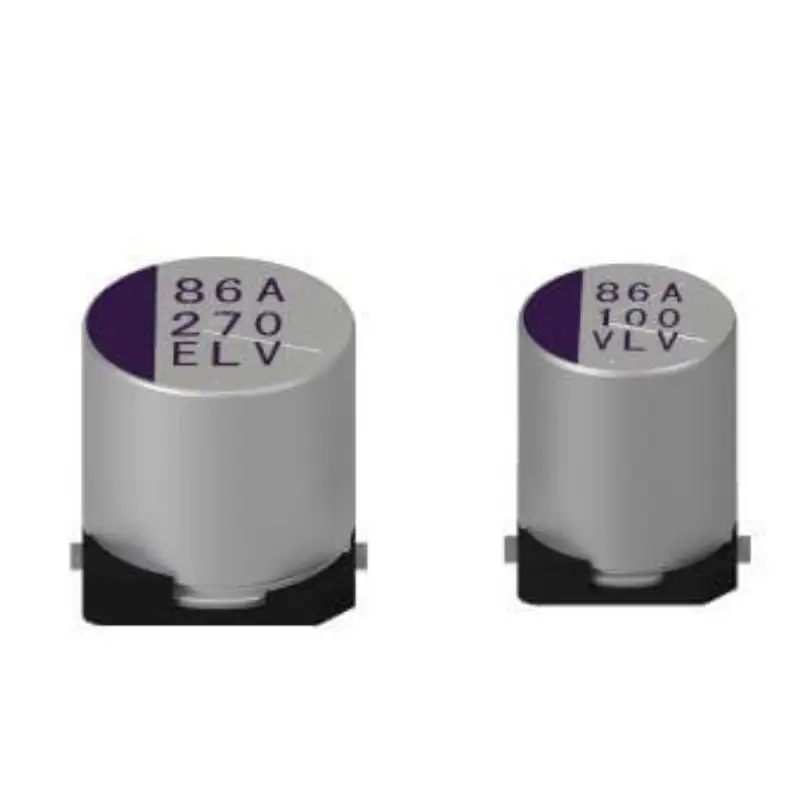
conductive polymer capacitors
We offer high-performance conductive polymer aluminum solid electrolytic capacitors. Our innovative technology delivers superior performance with low ESR, high ripple current, and long lifespan. Ideal for demanding applications in power supplies, automotive electronics, and more, our capacitors provide reliable and efficient energy storage solutions.

hybrid polymer capacitor
We specialize in manufacturing high-performance hybrid polymer capacitors. These innovative devices combine the advantages of electrolytic and polymer capacitors, offering superior performance, long lifespan, and high reliability. Ideal for demanding applications, our hybrid polymer capacitors deliver exceptional energy density, low ESR, and excellent temperature stability.
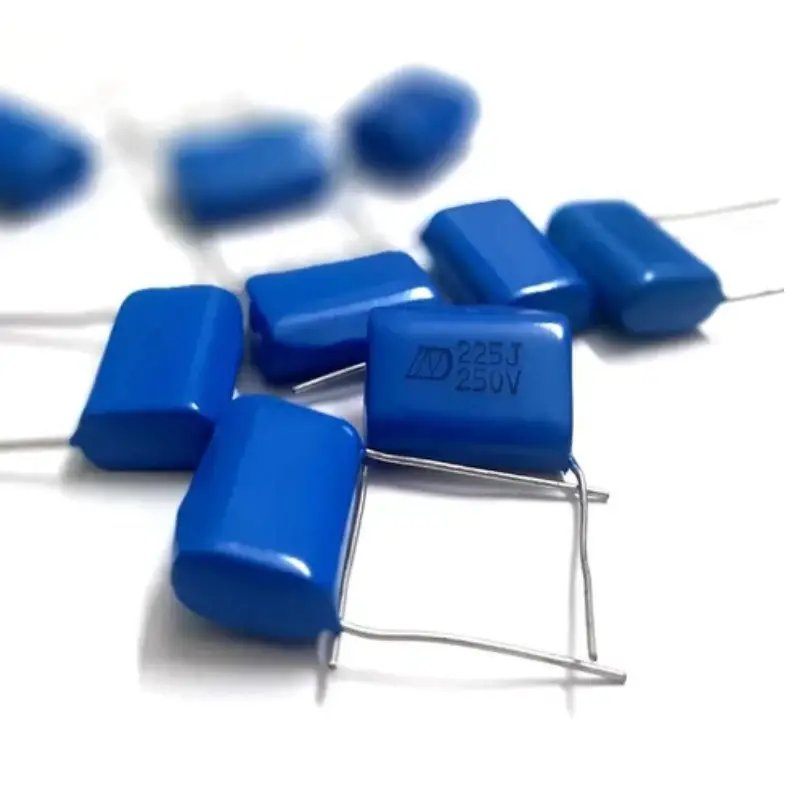
polymer film capacitor
We manufacture high-quality polymer film capacitors. Our products offer superior performance with low ESR, high ripple current, and long lifespan. Ideal for demanding applications like power supplies, automotive electronics, and renewable energy systems. Choose our reliable and efficient polymer capacitors for your next project.
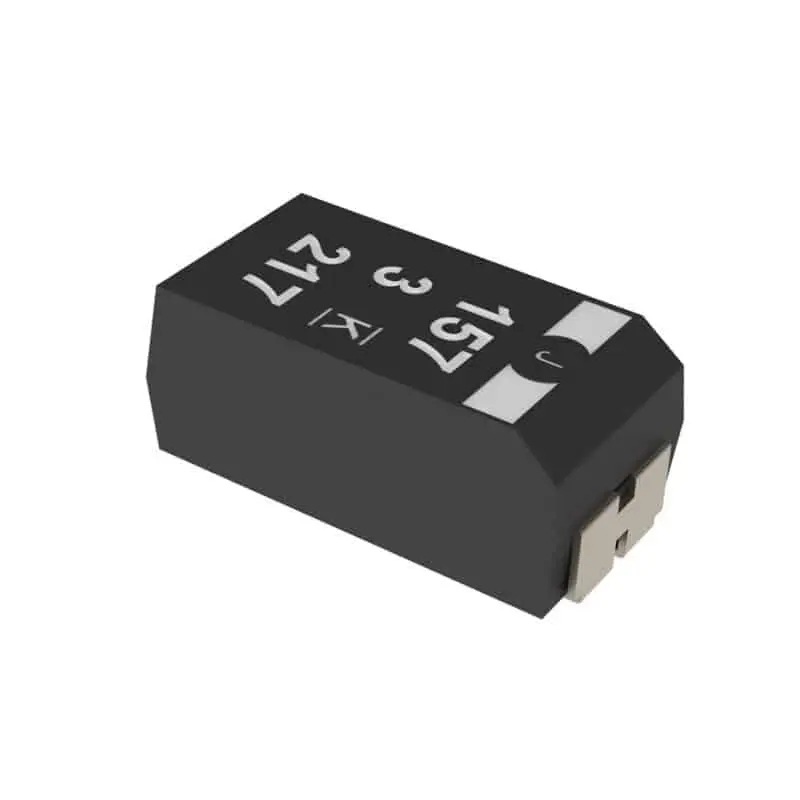
sMD polymer capacitor
We manufacture high-quality SMD polymer capacitors that deliver exceptional performance. Our products offer low ESR, high ripple current, and long lifespan. Ideal for a wide range of applications, including power supplies, automotive electronics, and industrial equipment. Trust our expertise in providing reliable and efficient energy storage solutions.
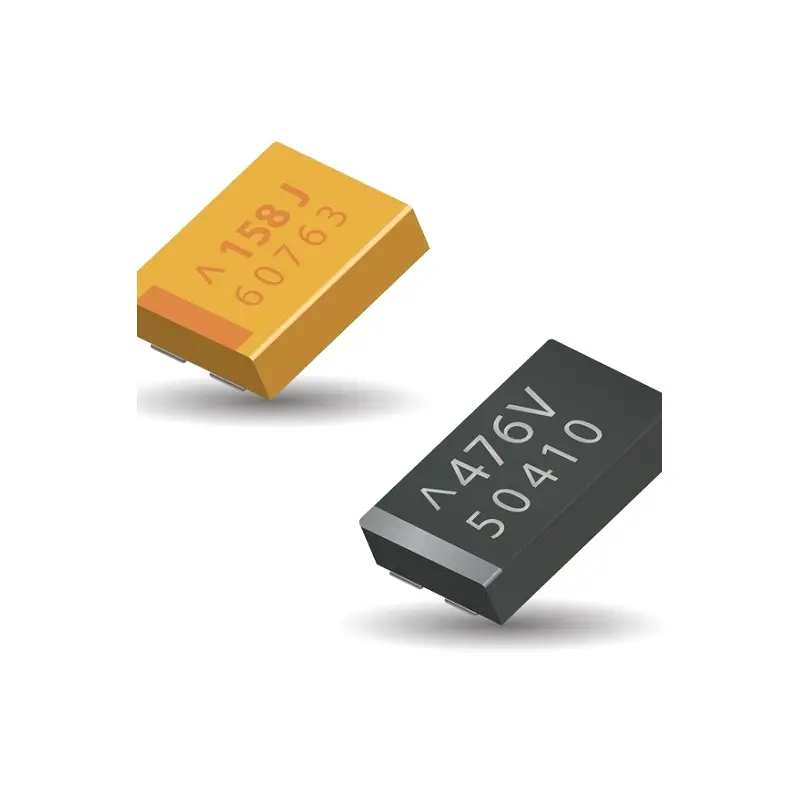
polymer tantalum capacitor
We specialize in manufacturing high-performance polymer tantalum capacitors. Our products offer superior performance with low ESR, high ripple current, and long lifespan. Ideal for demanding applications like power supplies, automotive electronics, and more, our capacitors provide reliable and efficient solutions.
Why Choose Our Polymer Capacitors
Unmatched Performance
Our capacitors deliver exceptional performance with low ESR (Equivalent Series Resistance) and high ripple current handling capabilities. This ensures efficient power delivery and minimizes heat dissipation.
Compact Design
Our miniature capacitors save valuable board space without compromising performance. This is ideal for space-constrained applications.
Long Service Life
Engineered for longevity, our capacitors boast an extended lifespan. This translates to reduced maintenance costs and increased system reliability.
Customizable Solutions
We offer tailored solutions to meet your specific requirements, from capacitance and voltage ratings to package sizes and performance characteristics.
Polymer Capacitor FAQs
What are polymer capactors?
Polymer capacitors are a type of electrolytic capacitor that uses a solid conductive polymer electrolyte instead of a liquid electrolyte. This design offers several advantages over traditional electrolytic capacitors:
What are polymer capacitors used for?
Polymer capacitors are used in a wide range of electronic devices due to their superior performance and reliability. Here are some of their common polymer capacitor uses and applications:
Power Supplies:
- Smoothing: They help filter out voltage ripples and fluctuations, ensuring a stable power supply.
- Decoupling: They suppress high-frequency noise and prevent it from affecting sensitive circuits.
Automotive Electronics:
- Engine Control Units (ECUs): They provide stable power and filter out noise in ECUs.
- Infotainment Systems: They contribute to the reliable operation of various electronic components in car entertainment systems.
Consumer Electronics:
- Smartphones and Tablets: They improve battery life and overall performance.
- Laptops and PCs: They enhance power efficiency and system stability.
- Gaming Consoles: They contribute to reliable power delivery and performance.
Industrial Electronics:
- Power Electronics: They are used in power converters and inverters to filter out high-frequency noise.
- Industrial Control Systems: They help ensure stable power supply and reliable operation of control systems.
Other Applications:
- Medical Devices: They are used in various medical devices to ensure reliable and accurate operation.
- Military and Aerospace: They are used in harsh environments due to their ruggedness and reliability.
Polymer capacitors are essential components in modern electronics, offering significant advantages in terms of performance, reliability, and efficiency.
What is the difference between polymer and electrolytic capacitors?
Polymer Capacitors vs. Electrolytic Capacitors
While both polymer and electrolytic capacitors are types of electrolytic capacitors, they differ significantly in their construction and performance characteristics.
Electrolytic Capacitors:
- Electrolyte: Use a liquid electrolyte, typically an acidic or alkaline solution.
- Performance: Lower ESR, lower ripple current handling, and shorter lifespan compared to polymer capacitors.
- Cost: Generally more affordable.
- Applications: Widely used in power supplies, audio amplifiers, and other general-purpose applications.
Polymer Capacitors:
- Electrolyte: Use a solid polymer electrolyte.
- Performance: Lower ESR, higher ripple current handling, and longer lifespan compared to electrolytic capacitors.
- Cost: More expensive than traditional electrolytic capacitors.
- Applications: Ideal for high-frequency, high-ripple current applications such as power supplies, automotive electronics, and consumer electronics.
Key Differences:
| Feature | Electrolytic Capacitors | Polymer Capacitors |
|---|---|---|
| Electrolyte | Liquid | Solid Polymer |
| ESR | Higher | Lower |
| Ripple Current Handling | Lower | Higher |
| Lifespan | Shorter | Longer |
| Cost | Lower | Higher |
Polymer capacitors offer superior performance and reliability, making them suitable for demanding applications where high-frequency operation and high-ripple current handling are critical. However, their higher cost may limit their use in some applications.
Which is stronger ceramic or polymer?
Generally, ceramics are stronger than polymers.
Ceramics are known for their exceptional hardness, stiffness, and high temperature resistance. They are often used in applications that require high strength and durability.
However, it’s important to note that the specific strength of a material can vary depending on its composition and processing techniques. There are certain polymers, especially high-performance engineering polymers, that can exhibit significant strength and durability, rivaling some ceramics in specific applications.
Ultimately, the choice of material depends on the specific requirements of the application, such as strength, weight, flexibility, and cost.
How long do polymer capacitors last?
Polymer capacitors typically have a significantly longer lifespan than traditional electrolytic capacitors. This is due to the use of a solid polymer electrolyte, which is more stable and less prone to degradation over time.
While the exact lifespan can vary depending on factors like operating temperature, voltage, and current load, polymer capacitors often have a rated life of 10,000 hours or more at 85°C. This translates to many years of reliable operation in most electronic devices.
However, it’s important to note that these are estimates, and the actual lifespan can be influenced by various factors. By following recommended operating conditions and avoiding excessive stress, you can maximize the lifespan of your polymer capacitors.
Are polymer capacitors polarized?
Yes, polymer capacitors are polarized. This means they must be connected to a circuit with the correct polarity to avoid damage. The positive and negative terminals are typically marked on the capacitor’s body.
Incorrect polarity can lead to reduced lifespan, increased leakage current, and even catastrophic failure.
Can I replace electrolytic capacitor with polymer?
Yes, you can often replace electrolytic capacitors with polymer capacitors.
Polymer capacitors offer several advantages over traditional electrolytic capacitors, including:
- Lower ESR: This leads to improved power efficiency and reduced heat dissipation.
- Higher Ripple Current Handling: They can handle larger fluctuations in current, making them suitable for demanding applications.
- Longer Lifespan: They have a longer lifespan due to the solid polymer electrolyte.
- Smaller Size: They often have a smaller physical footprint.
However, there are some considerations when making this replacement:
- Voltage Rating: Ensure that the replacement polymer capacitor has a voltage rating equal to or greater than the original electrolytic capacitor.
- Capacitance Value: While the capacitance value can be slightly different, it’s generally recommended to use a similar or slightly higher value.
- Physical Size and Mounting: The physical size and mounting style of the replacement capacitor should be compatible with the original.
- Polarity: Both electrolytic and polymer capacitors are polarized, so it’s crucial to maintain the correct polarity during replacement.
It’s always a good practice to consult the specific datasheet of the components involved to ensure compatibility and proper operation.
If you’re unsure about the replacement process, it’s recommended to seek advice from an electronics professional or consult the manufacturer‘s guidelines.